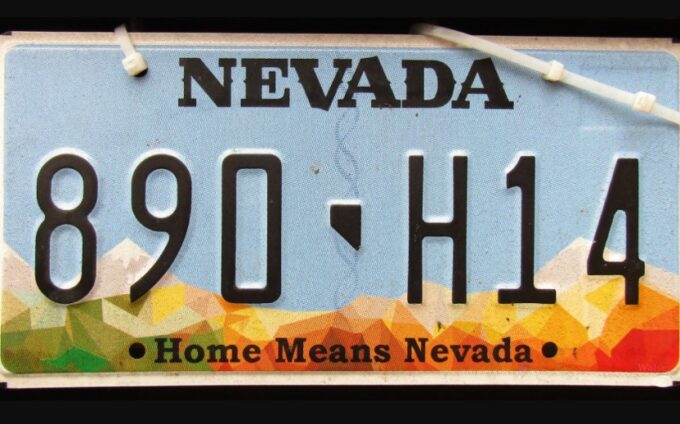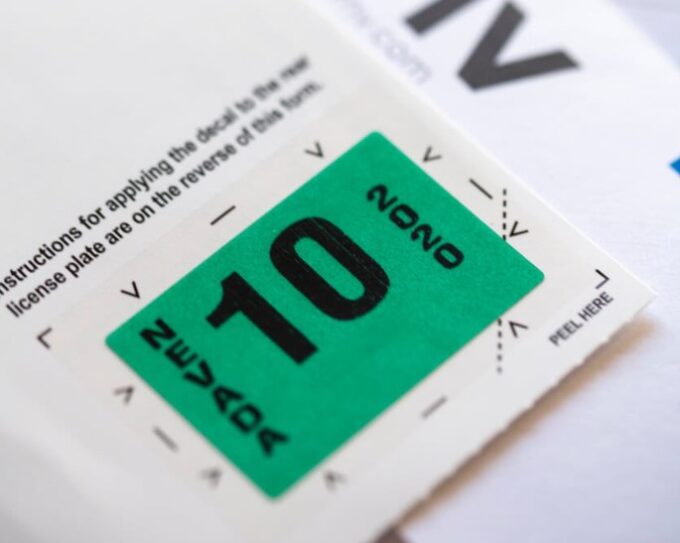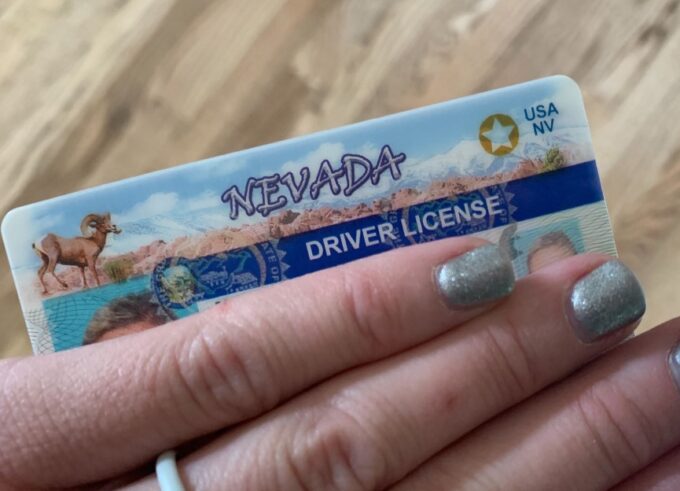California is among the states that are losing a great number of residents because of high taxes and the cost of homes. Its income tax stretches from 1% to 13.3% that can be financially detrimental. Nevada is among the top 5 states in terms of relocation, and there are many reasons for it.
There are more advantages to living in Nevada than to living in California. Nevada has growing job markets, affordable cost of living than California, a more appealing system of taxes with no state income tax, gift tax, estate tax, and unending entertainment for its residents.
You may be planning to change your residency from California to Nevada?
Establishing residency is an important part of relocation and involves various factors such as filing a lawsuit, divorce, or taxes. Therefore you might be looking for a clear guide on how you can become a resident of Nevada? To help you out, we have stated all the important things you must know to establish residency in Nevada.
Who Can Be Considered As A Resident Of Nevada?

Residency can differ from one state to another. It is different from a domicile that shows permanent residence. Tax works also consider domicile as an ideal document.
The term resident applies to the following:
- One who has legal residence in the state of Nevada
- One who has intrastate business and transport with any motor vehicle through the states
- One who is physically living in the state and engaged in profession, job, or trade-in the state of Nevada
- One who considers himself as a resident of the state
Mandatory Thing to Establish a Residency in Nevada
Certain things can be considered important for establishing residency in a State. The mandatory thing to establish residency is your residential address. Your residential address represents your physical location; therefore, you must choose a place in Nevada that can be established as a permanent physical location. The commercial address for the mail forwarding service is not accepted as a residential address. Moreover, your residential zip code is used for all sorts of legal things, such as
State’s driver’s license and vehicle registration

- Where you vote
- Smog inspection of vehicles
- When paying the income taxes
- When paying for insurance rates
- All the matters related to financial institutions
- To understand the basic terms and get more information regarding establishing residency in Nevada, visit this page.
Choose Your Domicile State
Another important thing is to choose Nevada as your domicile state. To select your domicile state, you have to follow three easy steps:
1. Establishing The Residential Address

According to Nevada DMV Proof of Identity and Residency, you need at least two documents to prove your residential address for Nevada’s residency. The two documents must be in original form and must show your name and Nevada residential address.
Record of residency
One of the documents is a record from the hotel, campground, or recreational vehicle park that must be located in Nevada, indicating at least 30 days of uninterrupted residency. The record of residency in any of the places mentioned above will be considered your new residential address.
Certification of Nevada Residency
The second document you can use is DMV 005 – Certification of Nevada Residency Form, which you can download from the Residency & Proof of Identity page.
2. Get Nevada’s Driver’s License

Once settled for a month in Nevada, get your new driver’s license and register your vehicle. Also, pay a couple of visits to the local DMV office. If you also want to get yourself registered for a vote in Nevada, you have to complete the Voter registration application on the last page of the Application for driving privileges.
3. Register Your Vehicles

To register your vehicle, you must get a vehicle insurance form from a Nevada licensed carrier. You also need to get a Vehicle Identification Number (VIN) Inspection for vehicles you want to register. Once your vehicle is insured and registered, you are officially a Nevada resident.









